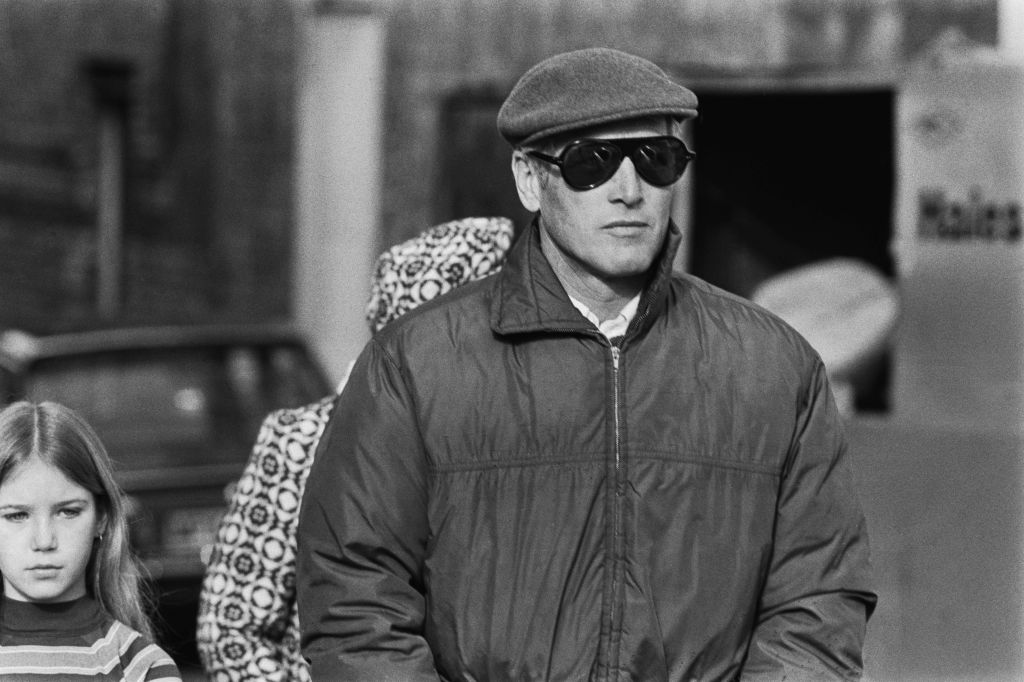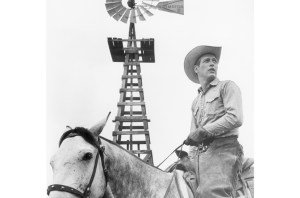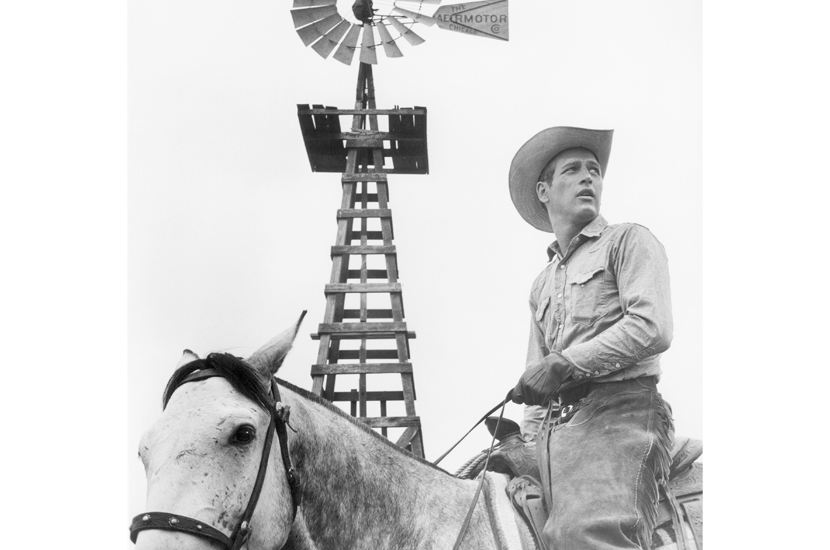My favorite Paul Newman performance is his final on-screen one, as mob boss John Rooney in Sam Mendes’s Road to Perdition. It’s a good, not great, film, which is a disappointment given its phenomenal cast and to-die-for Conrad Hall cinematography.
But there’s something unique in Newman’s contained performance as a man of infinite complexity, someone as comfortable playing a piano duet with his surrogate son as breathing portentously of his profession, “This is the life we chose, the life we lead. And there is only one guarantee: none of us will see heaven.” When he finally meets his maker at the hands of Tom Hanks’s implacable Angel of Death, in a rainswept assassination scene that should be more highly regarded than it is, the last thing he says — and his last words as a face in cinema — is “I’m glad it’s you.”
It’s hard not to be reminded of that line while reading Newman’s posthumously released autobiography, Paul Newman: The Extraordinary Life of an Ordinary Man. Since his death in 2008, the actor has — rightly, I believe — been all but canonized, with his extraordinary performances in everything from Butch Cassidy and the Sundance Kid, opposite his lifelong friend Robert Redford, to The Verdict held up as examples of screen acting at its finest. Offscreen, his long and happy marriage to Joanne Woodward seemed that rarest of things, a Hollywood union that not only lasted but prospered. If anyone dared to besmirch the legacy of Newman, they would be treading on a reputational minefield.
Which is why it comes as both a shock and a surprise that the man who emerges from his memoir, culled from conversations with both his friend Stewart Stern and subsequent editing by his youngest daughter Clea Newman Soderlund, is hesitant, unsure and given to self-doubt about his acting ability. (It remains a peculiarity that the film for which he finally won Best Actor — Scorsese’s pool drama The Color Of Money — is nowhere near his best performance.) He talks of his much-vaunted philanthropy almost with self-loathing (“the easiest thing I can do, frankly, is to give away money”). The description of how Woodward turned him into “a sexual creature… we left a trail of lust all over the place,” who he would have sex with in an outbuilding that he christened “the Fuck Hut,” is almost unremittingly candid. One can only imagine what it must have been like to be his daughter editing such recollections.
Yet for a man who considered himself “a joke…a happy buffoon” in the company of women until he was older, there was a dangerous magnetism to Newman’s on-screen persona that ensured his roles never settled down into blandness or coziness. He lost his son Scott in 1978 from a drug and alcohol overdose, and it is perhaps no coincidence that his greatest roles that he took from that time onward have a haunted, gritty quality to them. Who can forget the moment in The Verdict when his supposedly sympathetic lawyer Frank Galvin savagely beats Charlotte Rampling’s treacherous Laura Fischer in a bar? He is Paul Newman; Paul Newman is supposed to be one of cinema’s nice guys.
Well, as The Extraordinary Life of an Ordinary Man ably proves, he was and wasn’t the nicest of men. Newman was tough, argumentative, given to self-doubt and, he hints, not always the most faithful of husbands, despite what was happening in the Fuck Hut. Set against this was an extraordinary acting talent, never an ingratiating or easy but always a compelling one. One suspects there was a kernel of decency there that saw him through his dark nights of the soul. You finish this book and like its author even more, and wish we’d see the likes of him again. Alas.



















